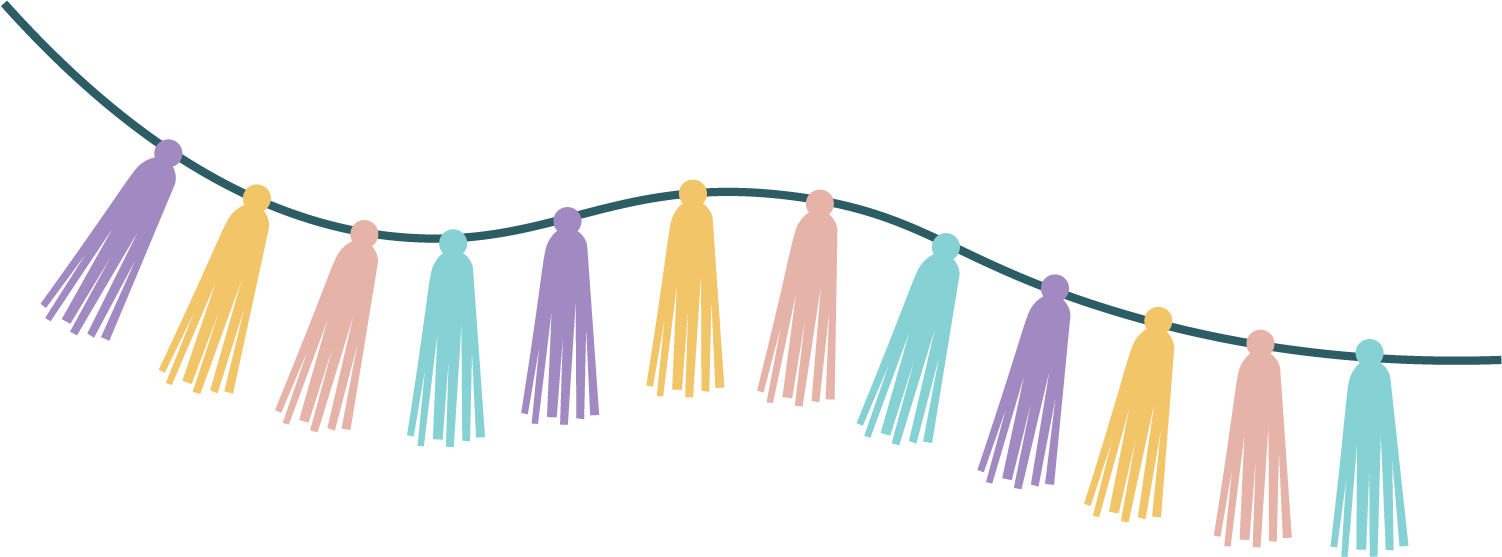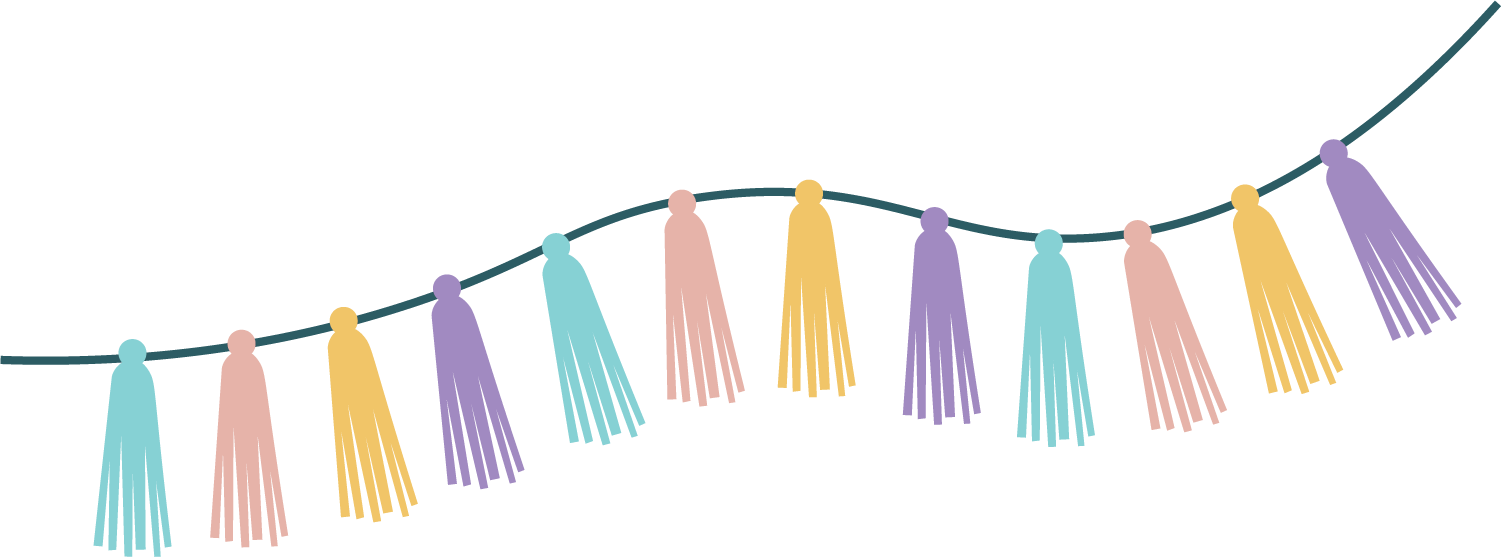
Did you know that roughly 1 out of 44 children has been diagnosed with autism? If you have a child with autism, you and your child are not alone.
There are many ways to improve the lives of children with autism. One popular method is applied behavior analysis therapy (otherwise known as ABA). Have you considered choosing ABA for your child?
While ABA has been a go-to option for decades, there are still some people who aren’t sure if it’s right for them. We’re here to talk about ABA therapy pros and cons so you can make an informed choice about your child’s care.
Read on to learn more.
First: What Is ABA Therapy?
ABA therapy is a method of treatment that works well for neurodivergent children, but can also work for children who are neurotypical (though this is less common).
A good ABA therapist aims to understand the behavior of a child with autism so they’re able to modify it for the child’s day-to-day life. This helps the child function and “blend” in during real-life situations.
The therapist observes what triggered the behavior and then the response to the behavior. They modify the behavior by applying a consequence (though consequences are not always negative in this circumstance).
Pros of ABA Therapy
So why should you consider ABA therapy for your child? There are plenty of benefits of this therapy style. Here are a few positive things that ABA therapy can do for your child.
Positive Reinforcement
Children respond well to positive reinforcement, and children with autism are no exception. It’s an effective behavior modification technique that can empower children rather than make them afraid or frustrated.
Children don’t yet understand negative reinforcement or punishment on the same level that adults do. While they may learn to understand cause and effect as it applies to punishment, that can drive children to become more withdrawn or “sneakier” with their behaviors.
When an ABA therapist reinforces behavior positively, the child wants to continue aiming for their reward.
Enhanced Social Skills
Many parents report that their children with autism have better social skills after going through ABA therapy (even if they’re non-verbal). This is true both at home and in social settings (like school).
Children become more capable of articulating their feelings, talking to friends, and even making eye contact (though this is still difficult for people with autism).
Better Overall Functioning
Children who participate in ABA therapy will learn how to take care of themselves on some level. Aside from social skills and intellectual skills, they’ll learn practical skills that they can carry with them in the future.
Children with autism often struggle with basic functional skills that come naturally to other children. While parents should still work hard to improve their children’s skills at home, the cause-and-effect methods in ABA therapy provide a great starting point.
Coping Mechanisms
Like all therapists, ABA therapists can teach your child useful coping mechanisms that will help them during stressful situations.
Children with autism have a hard time with emotional control. This can cause outbursts, tantrums, and extra frustration both at home and in public. It’s particularly problematic when the child is in school.
The ABA therapist will individualize their methods and pick coping mechanisms that work for your specific child. The child should be able to access these coping mechanisms wherever they are.
The ABA therapist can also help you, as the parent, with these coping mechanisms so you’re able to apply them when your child isn’t in a therapy session.
Enhanced Performance in School
School performance can be difficult for some children with autism. Because it relies on both social and intellectual skills, these children struggle to fit in and keep up with the rest of the students, even if they’re bright and eager to learn.
ABA therapy may help with children’s basic intellectual abilities and aptitudes. Children who go through an ABA therapy program are more likely to stay in school either with or without an aid.
Cons of ABA Therapy
ABA therapy isn’t perfect. While it comes with many benefits, there are downsides that some parents remain wary of. It’s normal to worry about whether or not your child is getting the best possible care.
Here are a few downsides of even the best ABA therapy programs.
A Potentially Difficult Transition
Children with autism have a hard time adapting to changes. They thrive on routines. While the child will develop a routine once they’re in the therapy program, it can be a difficult and stressful adjustment that may cause them to “act out.”
Remember that this is normal. If you decide to start ABA therapy for your child, give your child time to adjust before you consider quitting.
Accessibility
Another downside of ABA therapy is that it may be difficult to access for some parents and children.
Finding a great ABA therapist isn’t easy. Not everyone is qualified for ABA therapy, so people who live in areas without this type of care may have to travel (which isn’t accessible for everyone).
If insurance doesn’t cover ABA therapy, or if you don’t have insurance, it can be cost-prohibitive.
ABA therapy can be up to 40 hours per week. This isn’t something that every child is able to handle, and parents may struggle to get children to appointments. That said, an ABA therapist can modify this schedule to suit your child and you may be able to get home services.
ABA Therapy Pros and Cons: Is It Right for Your Child
Knowing these ABA therapy pros and cons, have you decided whether or not your child should give it a try? While ABA therapy is controversial, it’s a tried-and-true method of helping children with autism.
If you’re ready to seek out a qualified ABA therapist for your child, we’re here for you. At Dream Big Children’s Center, we aim to give each child individualized care.
Contact us to learn more today.


